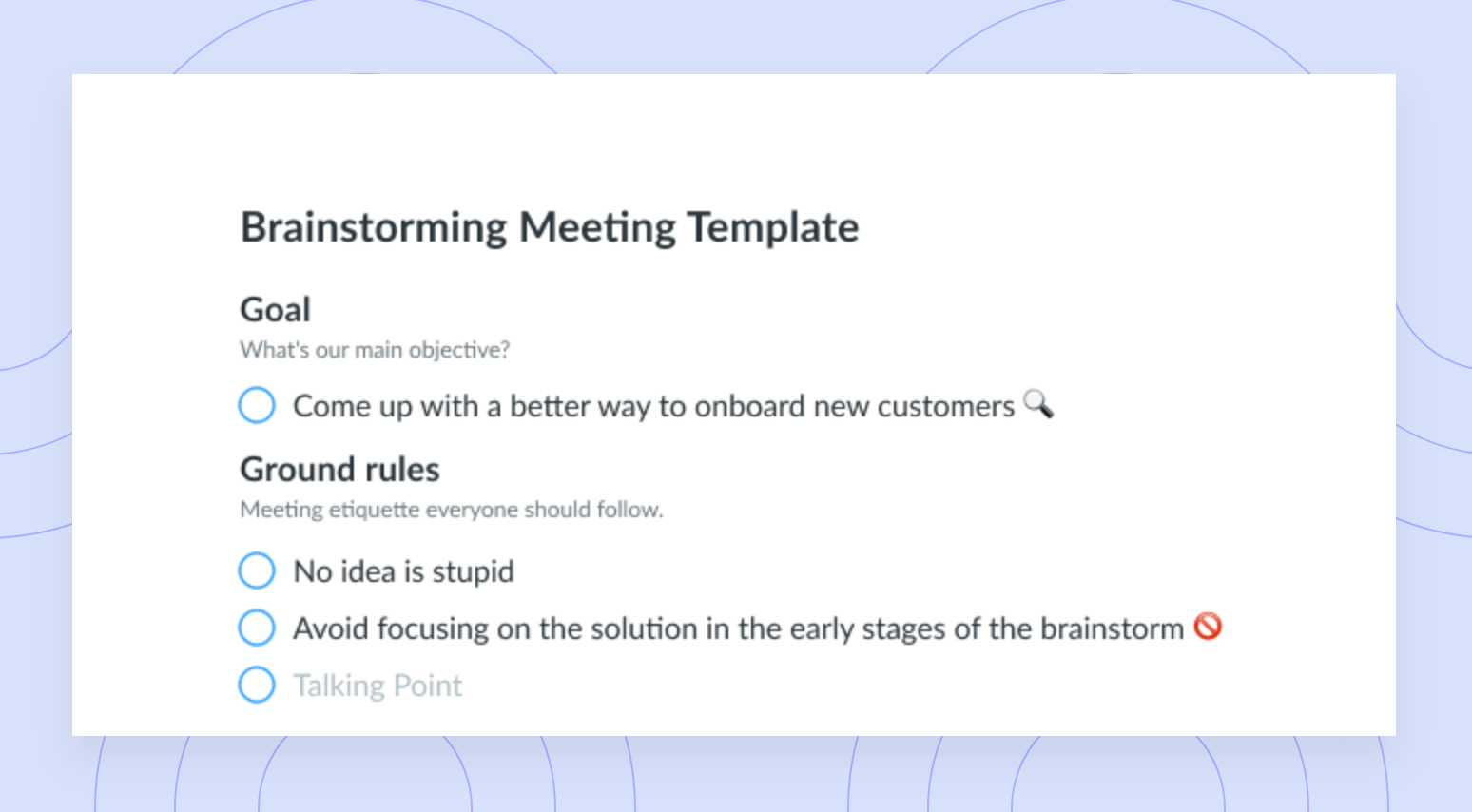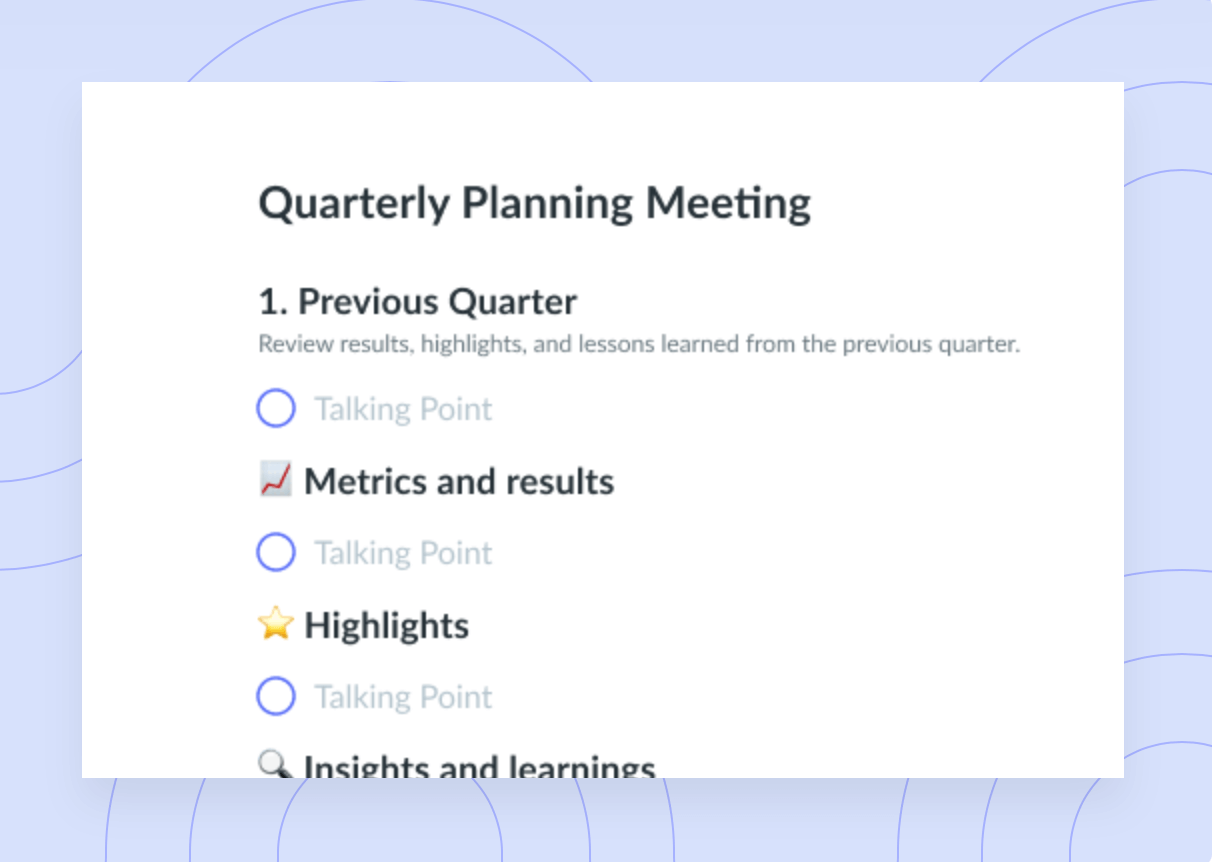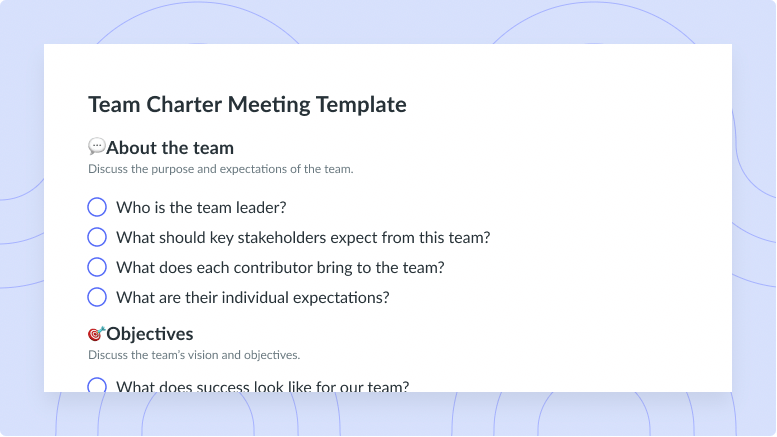Computer Science vs. Computer Engineering: What is the Difference?
Defining the difference between computer science vs. computer engineering can help you choose which to study!
Computer science and computer engineering may sound like the same thing, but they’re really quite different from each other. One discipline is more research driven and the other applies research findings into the development of new technologies. But which is which? And which has the better career outlook? We’ve put together definitions on computer science vs. computer engineering to help you better understand which one might make a better fit for your dream career path.
- What is computer science?
- What is computer engineering?
- Why should you study computer science or engineering?
- Differences between computer science and computer engineering
- Popular jobs in computer science
- Popular jobs in computer engineering
What is computer science?
Computer sciences are based heavily on mathematical and theoretical equations. Work processed by computer scientists involves a lot of computations and automations of information to help understand how these calculations and information transfers occur. Through deep research studies, computer scientists work towards producing a large body of knowledge around computer technologies and systems. There is a high level of experimentation within this field, with a large focus on fundamental, deductive, causal, and classification research.
What is computer engineering?
Computer engineers take the lessons learned by computer scientists and apply them to new systems and technologies. As such, computer engineering is a much more hands-on profession that involves designing and experimenting with new components and system processes that can help advance existing technology. Computer engineers still need to work closely with computer scientists to communicate new insights about how various operations occur, and then attempt to implement them in new ways. Some computer engineers may also engage in their own applied research.

Maximize efficiency and collaboration
Unlock the power of knowledge sharing by documenting collaborative meeting agendas and organized action items. Try using a tool like Fellow!

Why should you study computer science or engineering?
- There are more diverse job opportunities in the industry
- There are lots of jobs available in the industry
- There is more flexibility than in other industries
1There are more diverse job opportunities in the industry
Depending on how hands-on you want to be and what kind of working environment you want to have (for example, working from home vs. working in person), there are a ton of options to accommodate your preferences. And luckily, as businesses scale up organization network infrastructures or in-house software products, new specializations pop-up within the field. On one hand, big organizations now offer incredibly specialized roles that hone in on the development of one feature of a product, even. On the other hand, small businesses are a great place for those who want to work on a bit of everything.
2There are lots of jobs available in the industry
According to the U.S. Bureau of Labor Statistics, there are about 3,300 new job openings each year for computer and information research scientists. For computer engineers, there are about 5,300 new openings each year. Considering the rapid digitalization of many existing businesses and the rise of new software-as-a-service (SaaS) businesses across the world, availability of jobs in this career path will no doubt have a high growth rate in coming years.
Both professions pay an average salary of $130,000, proving that there’s healthy compensation available in this career path as well.
3There is more flexibility than in other industries
Computer scientists and engineers are well known for having a different kind of work life than most—and this goes way back to the early Silicon Valley days where it became acceptable to work earlier or later in the day if and when needed. Since the work in both disciplines is heavily focused on computers, a lot of work can be done remotely. There is also an opportunity to work in a lab and exercise the creative half of your brain in attempt to innovate the newest piece of technology.
What’s the difference between computer science and computer engineering?
1Computer scientist roles and responsibilities
Here are a few roles and responsibilities listed for computer scientists in 2022:
- Investigating data in creative ways to pull out exciting trends and discover useful features
- Optimizing machine learning and data science pipelines with a focus on scalability
- Conducting critical computer analysis and in-depth investigations to identify the most feasible approaches to complex hardware, software, or networking system design and development problems
- Directing project development teams in identifying test requirements for the most sophisticated prototype systems
- Driving one or more phases of the machine learning (ML) development life cycle: shaping datasets, investigating modelling approaches and architectures, training, evaluating, or tuning models, and implementing the end-to-end training pipeline
- Expanding your understanding about Google Cloud Platform (GCP) and helping advance the team’s ability to deploy and migrate workflows to cloud
- Conducting and preparing presentations and demonstrations
2Computer engineer roles and responsibilities
Here are a few roles and responsibilities listed for computer engineers in 2022:
- Analyzing user requirements, and designing and developing system architecture and specifications
- Collaborating with developers, technical leads, and product managers to identify opportunities for new features or to improve existing processes
- Creating and/or assisting with cost estimates for new products and services
- Configuring and conducting version control of software and firmware
- Developing documentation for software and hardware design validation, qualification, safety, and interoperability of systems
- Maintaining a comprehensive awareness of the technology landscape and identifying opportunities for future product portfolio enhancements
- Applying and promoting cloud development best practices for security and performance
- Helping organize and facilitate developer meetings and cross-team communication, with a strong focus on driving alignment
- Prioritizing tech debt and working with the team to manage backlogs and roadmaps
Popular jobs in computer science
Some popular jobs in computer science include:
- IT analyst. Responsible for monitoring information technology (IT) systems and collecting data about network and system performance. Also supports technical assistance for end users.
- Security analyst. Reviews existing security programs, compares to industry standards and best practices, and provides recommendations to expand security systems.
- Database analyst. Designs, develops, and modifies user databases to specific user needs. Reviews existing database systems and compares against user requirements. Requires some structured query language (SQL) coding skills.
- Digital transformation consultant. Reviews a company’s current digital posture including types of digitalization and utilization across teams. Provides recommendations and project plans on how to move non-digital processes to automated or cloud-based systems. Requires leadership and project management skills.
- Computer scientist. Analyzes how systems work and applies knowledge to how a company’s internal systems store and use information.
- Forensic computer scientist. Reviews internal computer systems to identify illegal behavior within the system. Helps to retrieve information from other systems and devices that can be used in forensic analysis cases.
- Data scientist. Is in a highly analytical role that uses computational approaches to organize, clean, and interpret data. Is typically a specialist or works with specialists with large and complex databases to pull insights that can be used for strategic decision making.
Popular jobs in computer engineering
Some popular jobs in computer engineering include:
- Computer hardware engineer. Researches, designs, develops, and deploys new components for hardware systems such as circuit boards, biometrics authentication systems, and storage or memory devices.
- Database developer. Creates and maintains databases for collecting important data relevant to the business such as customer insights, product analytics, and marketing channel analytics.
- Interface designer. Builds front-end engineering designs for application programming interfaces (API). Requires user experience (UI), coding, and creative skills.
- Software engineer. Understands user stories, writes code based on user requirements, and tests code for bugs. Builds new product features to help the software product perform competitively in the market.
- Quality assurance engineer. Responsible for testing all newly produced code for any quality bugs such as performance, stability, reliability, and interoperability issues. Reports issues back to the software engineering team to be fixed.
- Cybersecurity engineer. Runs security testing such as vulnerability scanning, and implements remediations on known vulnerabilities. Responsible for driving a security culture within the engineering team.
- Web designer. Drafts, designs, and publishes websites based on user requirements. Needs to consider site performance, user experience (UX), and search engine optimization (SEO).
- Product manager. Connects business teams (for example, sales, marketing) with software engineering teams. Creates user stories which describe how users will use each new feature. Communicates requirements and product roadmap updates between the two types of teams.
- Robotics engineer. Works on robotics such as machine learning, internet of things (IoT) and automated technologies. Is in a more specialized field that requires experience in niche industries or projects.
- Game designer. Builds creative games. Understands user personas, composes complex storylines, codes game visuals, and tests game functionality.
Parting advice
There is no doubt that technical degrees and professions can be quite challenging. However, both computer science and computer engineering paths require different skill sets. Determining whether you’re more research and strategy driven, or application and tactics driven can help you decide if computer science or computer engineering is better aligned to your ideal career needs. If you’re unsure which type of work style you prefer, consider reaching out to peers, career advisors, or people who are already working in the fields. Learning about what they do on a day-to-day basis might help you clarify any remaining questions you have about which move to make next.






![COO Meeting Agenda: 6 Things to Include & Top Tips [+ Free Templates]](https://fellow.app/wp-content/uploads/2022/06/COO-Meeting.jpg)






















